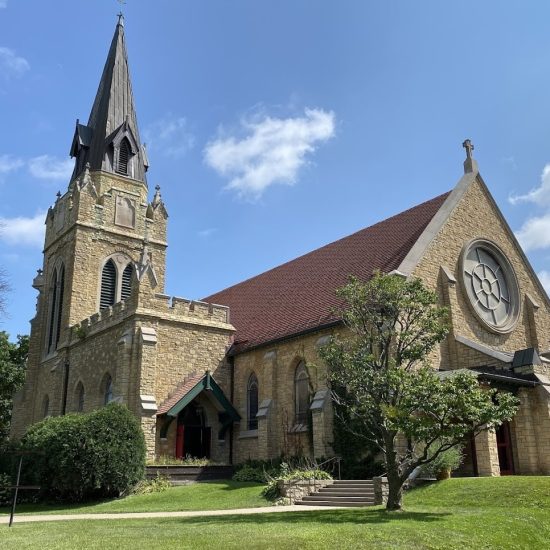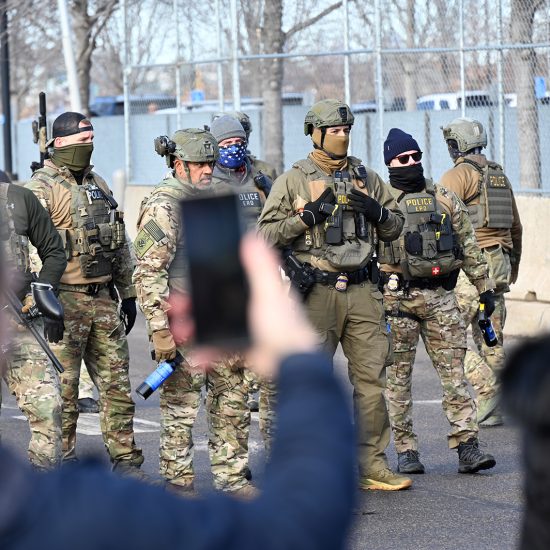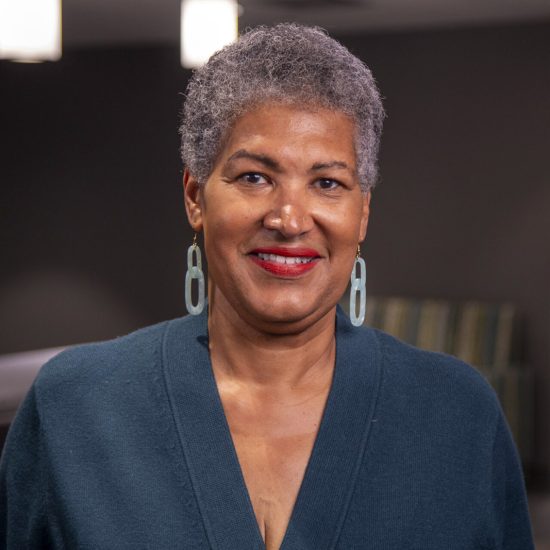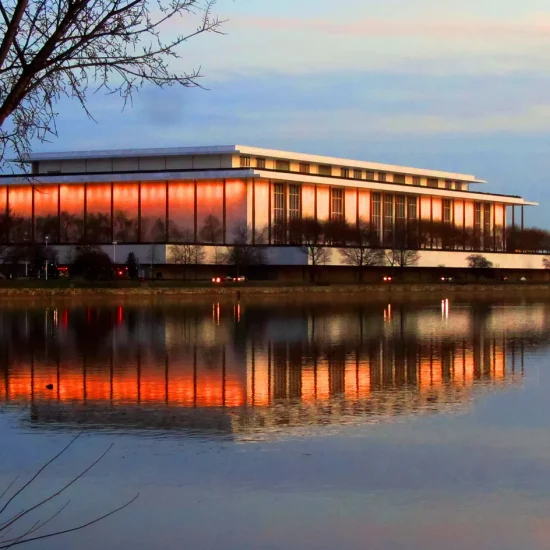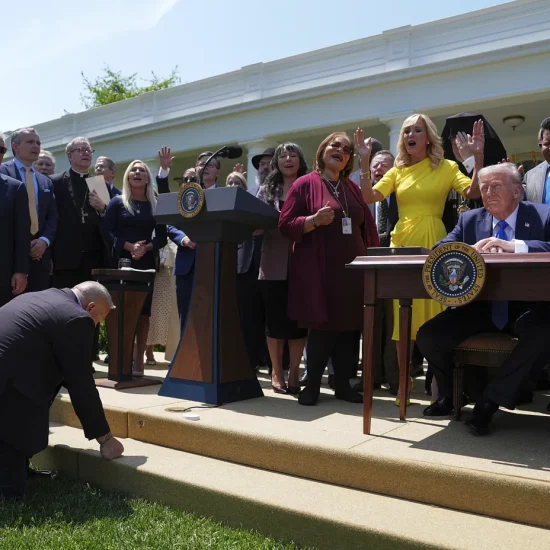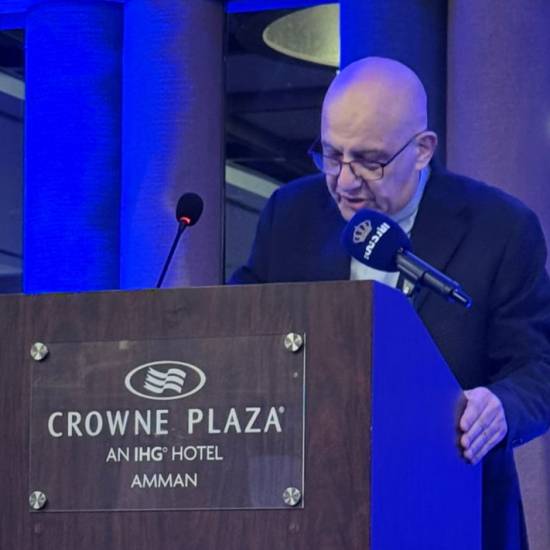I read with interest the account of the installation of Mercer University Professor Richard Wilson as the sixth president of Liberia Baptist Theological Seminary a couple of weeks ago.
Liberia is the West African country whose southern coast borders the Atlantic Ocean; it was a nation built by former American slaves, who envisioned a “land of the freed,” if you will. It was a relatively quiet place until almost 35 years ago when a coup d’état launched a bitter and bloody civil war. The past 10 years have been marked by what some observers call a “tenuous peace.”
I have maintained a long-distance interest in Liberia ever since I spent a summer there in 1971 as what was known as a summer missionary (or summer worker) following my junior year of university studies. Southern Baptists had a strong corps of career missionaries living there, most in the capital of Monrovia and related to Ricks Institute or the theological education of emerging Baptist leaders.
My travel to Liberia 43 years ago was slightly delayed because my Liberian visa had not been finalized. Word reached missionaries who were to greet me about my delay but not about my subsequent re-scheduled arrival date, so I landed in Monrovia on a weekend unannounced and without the foggiest notion how to alert anyone that I was there. Missionaries across the country communicated by two-way radio on certain agreed-upon weekdays.
I had helped a lady who struggled to carry on several bags as we boarded the flight that would take us to Liberia and discovered she was a faculty member at my school, Southern Illinois University at Carbondale. After we landed and secured our luggage, she realized I was in a bind to get to nearby Monrovia and to find my Baptist missionary contacts.
The prof offered to help and invited me to ride with her. The U.S. Embassy had sent a car to pick her up. My fearfulness turned to relief, and I began to envision being dropped off at the home of missionaries in an official (and probably fancy) vehicle. I was more than a little surprised when I saw the embassy car, a first-generation, slightly dinged-up Chevy Malibu with small American flags affixed to each of the front bumpers. As we traveled through the city, I noticed graffiti on some of the fences and buildings with “Americans go home!” scrawled across them.
The driver was aware of the missionary compound — a group of residences secured for missionary families —and took me straight there that Sunday afternoon. My first stop was at the home of Illinoisans James and Pat Bellinger and their three children: James, Annie and Ruth. They put me up for the night before sending me to Greenville, more than 150 miles down the coast in populous Sinoe County, where I would live and work with the John and Betty Carpenter family.
At the time, the long-tenured president of Liberia was William V.S. Tubman, a Methodist as I recall. While traveling, Tubman died unexpectedly in a London clinic on July 23, 1971. His vice president, William R. Tolbert Jr., immediately succeeded him. Tolbert was an internationally known Baptist, having served as president of the Baptist World Alliance. Less than nine years later, on April 12, 1980, Tolbert died in the bloody coup that led to a civil war in which 250,000 Liberians would eventually lose their lives.
Back to Richard Wilson, the Mercer professor.
The Mercer prof has made several visits to Liberia over the past few years and has kept in touch with former Mercer student Olu Menjay, now the president of the Liberia Baptist Missionary and Educational Convention. He has been particularly interested in the rebirth and strengthening of Liberia Baptist Theological Seminary, ordered shut down by a judge earlier this year after some Baptist jostling but later ordered re-opened.
Mercer President Bill Underwood called Wilson into his office and asked him to go to Monrovia and serve as the temporary seminary president on loan from Mercer to help the school get off to a stable re-start. To his credit, Wilson agreed.
The temporary president will need prayerful support, particularly as a non-Liberian. Memories of Liberia’s colonial past make them wary of outside influences. Economic and political uncertainties still haunt Liberia, and local and national stability are fragile, even though democratic elections have been restored in recent years.
The once-strong work of Baptists, large numbers of whom were targeted and killed in the coup, needs for capable trained leaders to emerge to bring caring leadership to the churches as well as good news to a whole nation still less than a generation removed from its traumatic recent past.
Godspeed to Richard Wilson, Liberian Baptists and others who are committed to the task.
Bill Webb is editor of Word&Way.

